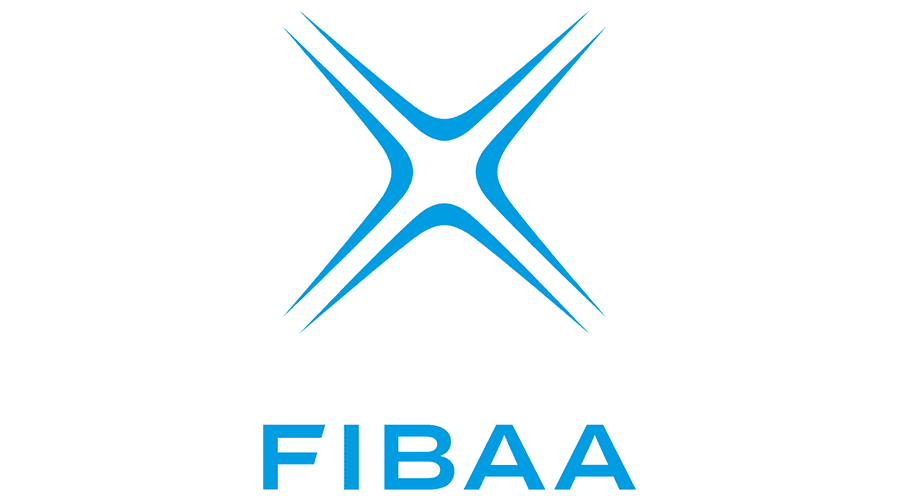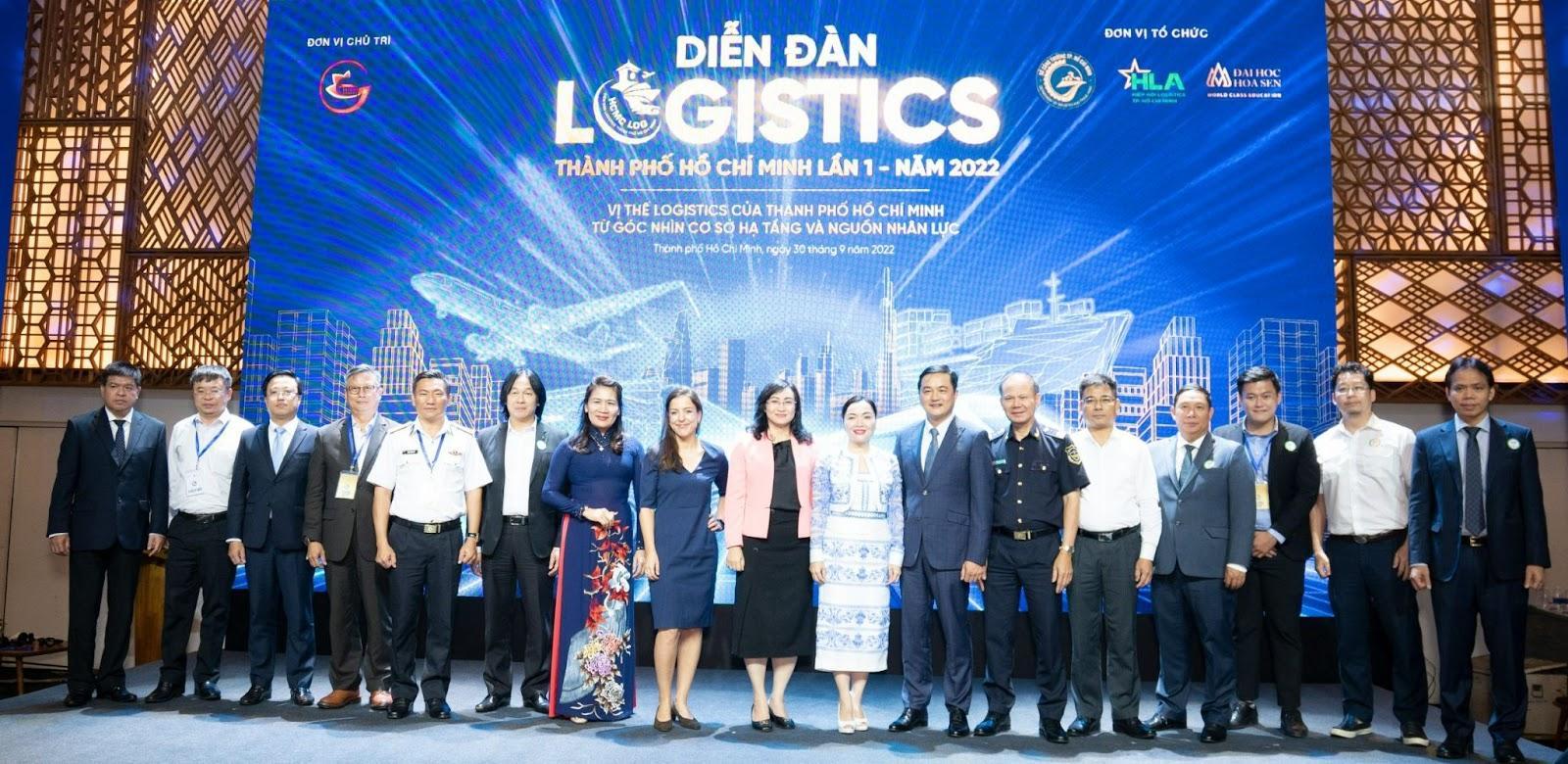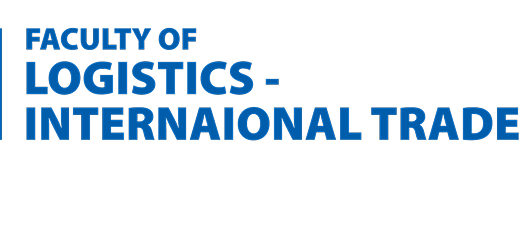Program introduction
Logistic is one of the industries with the highest job opportunities because it includes a serial jobs in the process of goods preparation, sorting, packaging, recording. If it is an import-export goods, logistics also participate in transporting goods to the port, clearing customs procedures for exports or imports. In other words, Logistic is responsible for bringing goods from the first place of production to the final consumer so that the lead time is the shortest with the lowest cost.
Accreditation

Program advantages
- The training program is referenced and improved from famous universities in the world and in Vietnam;
- A new industry, receiving a lot of attention and support from both the Government and society.
- Focusing on practical skills by sending students to practice at domestic and foreign enterprises.
- Upon graduation, students will receive an additional FIATA certificate (an international certificate in Logistics issued by the Federation of International Freight Forwarders Associations); globally valid certificates
- Opportunities for professional training through cognitive internships, graduate internships at companies and enterprises;
- Learning on simulated supply chain models, professional training based on actual contexts/situations at Logistics enterprises.
- Ability to think independently and work in groups through the development of subject projects.
- There are many elective subjects to increase adaptability and choice opportunities for learners;
- A team of enthusiastic, dedicated lecturers with a lot of teaching and practical experience.
- Many lecturers are entrepreneurs with many years of experience in the field of logistics
- Regarding training program accreditation, Hoa Sen University is among 3/40 schools that have accredited training programs by foreign organizations such as: AUN – QA, FIBAA, FIATA
Curriculum
- A training program that equips students with the knowledge and skills needed to analyze, evaluate, design, and operate logistics and supply chain operations.
- Research, develop and manage services in the chain of activities including planning, implementing and controlling the movement of goods, controlling the source of raw materials (inputs) and products. final product (output) from point of origin to point of consumption;
- Provide a complete picture of the business system, help managers make the most effective production development strategy and distribute goods to consumers in the fastest way; knowledge of transactions, negotiation and signing of international commercial contracts, contracts for renting means of transport, organizing the transportation of goods, buying insurance for goods… so that the parties involved are most beneficial;
- Students can visit and survey the actual modes of freight transport (by sea, by air, by train, by container transport…), and learn how to pack, load and unload goods. goods, how to declare customs to get customs clearance for export and import goods through the use of the VINACCS electronic customs declaration system.
- In addition, students are also provided with important professional skills such as calculation skills, market analysis and strategy building skills, English and information technology skills, and soft skills such as communication skills and time management skills.
- Typical subjects such as: International Transport, Purchasing Management, Multimodal Transport, Supply Chain Management, Logistics Information System, Warehouse Operations, Forwarding and Customs Operations, Management and Seaport operation, International Logistics, Cargo and Insurance, Laws and international conventions on transportation, etc.

Job opportunities
The professions of logistics can be divided into 3 main areas: warehousing, forwarding and transportation
- Warehouse business specialist;
- Purchasing staff and supply chain management;
- Specialist in transportation and freight forwarding services with all modes;
- Customs declaration agent;
- Specialist in logistics service business, forwarder;
- Become employees of multinational companies, participate in global supply chains and logistics services.
Program content
The training program equips students with the knowledge and skills needed to analyze, evaluate, design and operate logistics and supply chain operations.
Students are provided with basic and in-depth knowledge about supply chains, distribution systems, freight forwarding, strategic management, building – managing systems of warehouses and endpoints. connecting warehouses, modes of transport such as road, railway, sea; Additional knowledge on international marketing, finance – accounting in multimodal transport.
In addition, students are also provided with important professional skills such as calculation skills, market analysis and strategy building skills, English and information technology skills, and soft skills such as communication skills and time management skills.
Typical subjects such as: International Transport, Purchasing Management, Multimodal Transport, Supply Chain Management, Logistics Information System, Warehouse Operations, Forwarding and Customs Operations, Management and Seaport operation, International Logistics, Cargo and Insurance, Laws and international conventions on transportation, etc.


